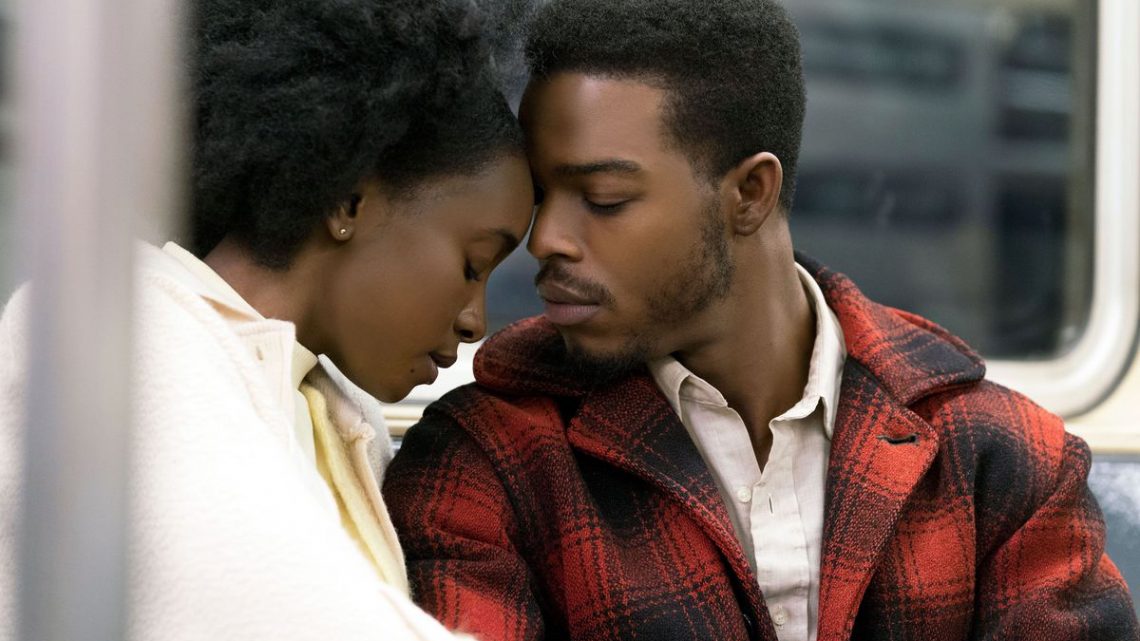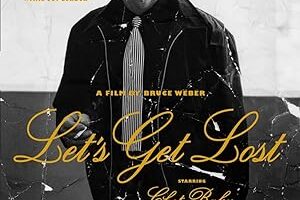Tropic Sprockets / If Beale Street Could Talk
Bby Ian Brockway
Barry Jenkins (Moonlight) directs the excellent striking and episodic “If Beale Street Could Talk” based on James Baldwin’s novel. The film is a human story, touching upon many elements. Part Romeo & Juliet, part sociological critique, yet ultimately an existential suspense story of love under the weight of paranoia, the film is a brilliant example of all of these concepts.
The story unfolds in flashback, centering on Fonny (Stephan James)an artist, and Tish (KiKi Layne). The two are young, unmarried and very in love. The couple were platonic childhood friends who happened to grow up together and bond. As Tish says in a voiceover:
“We touch flesh for granted so much that there was no flesh…we were part of each other…”
Initially, this is what is so striking. Tish’s voiceover puts the film in the realm of an epic. The pair are energized by romantic love, a rich and human experience and they become mortal heroes in their own drama.
Fonny is a bohemian, a sculptor. One day a woman Victoria (Emily Rios) accuses him of sexual assault. Despite a logical alibi and evidence to the contrary. Fonny goes to jail.
Tish is understandably devastated and further concerned by the knowledge that she is pregnant. Although frightened, she tells her parents.
This sets off a dramatic confrontation between Fonny’s religious mother (Aunjanue Ellis) and Tish, which is full of emotion and anger. Not since “Who’s Afraid of Virginia Woolf?” have such powerful words and aggression been depicted onscreen. In other hands, such percussion might feel campy, but Jenkins’s aim is perfect. The combat is off-putting and anxious, without any trace of unreal melodrama. The action moves with a tread that is genuine through and through.
Tish takes a job at a perfume counter and is witness to the animalistic and boorish behaviors of arrogant white customers.
Fonny and Tish attempt to create a humanistic heaven for themselves but they are pressured at most every turn: by the police who take Fonny to be less than, by the lawyer who patronizes and by American Society which is clearly rigged against black individuals as emphasized by the prison system.
Claustrophobia closes in on Cupid. The usually confident Fonny grows uncertain, unhinged and unkempt.
KiKi Layne is terrific as is Stephan James. These roles are no mere figures in a drama, but humans that respirate, create and struggle.
The film’s use of flashback gives us, impressionistically a little at a time, having the tone of a riddle or a detective story. The love story is never explained fully, there is room for mystery.
Adding to the tension is a jazzy haunting score by Nicholas Britell giving the story a noirish accent.
Although “If Beale Street Could Talk” is a rumination on the 1970s, it is also an affectionate romance of two people, rich in love and needing nothing more.
True to Jenkins’direction, he portrays his characters as is, without frills or fanfare. It is the heart that makes Tish and Fonny human and circumstances make them special.
In Jenkins’s propulsive, often celebratory films, life is often a supernatural phenomenon, a mixture of the real and unreal, laced with desire and a gradual awareness of trepidation.
Write Ian at [email protected]
[livemarket market_name="KONK Life LiveMarket" limit=3 category=“” show_signup=0 show_more=0]






No Comment